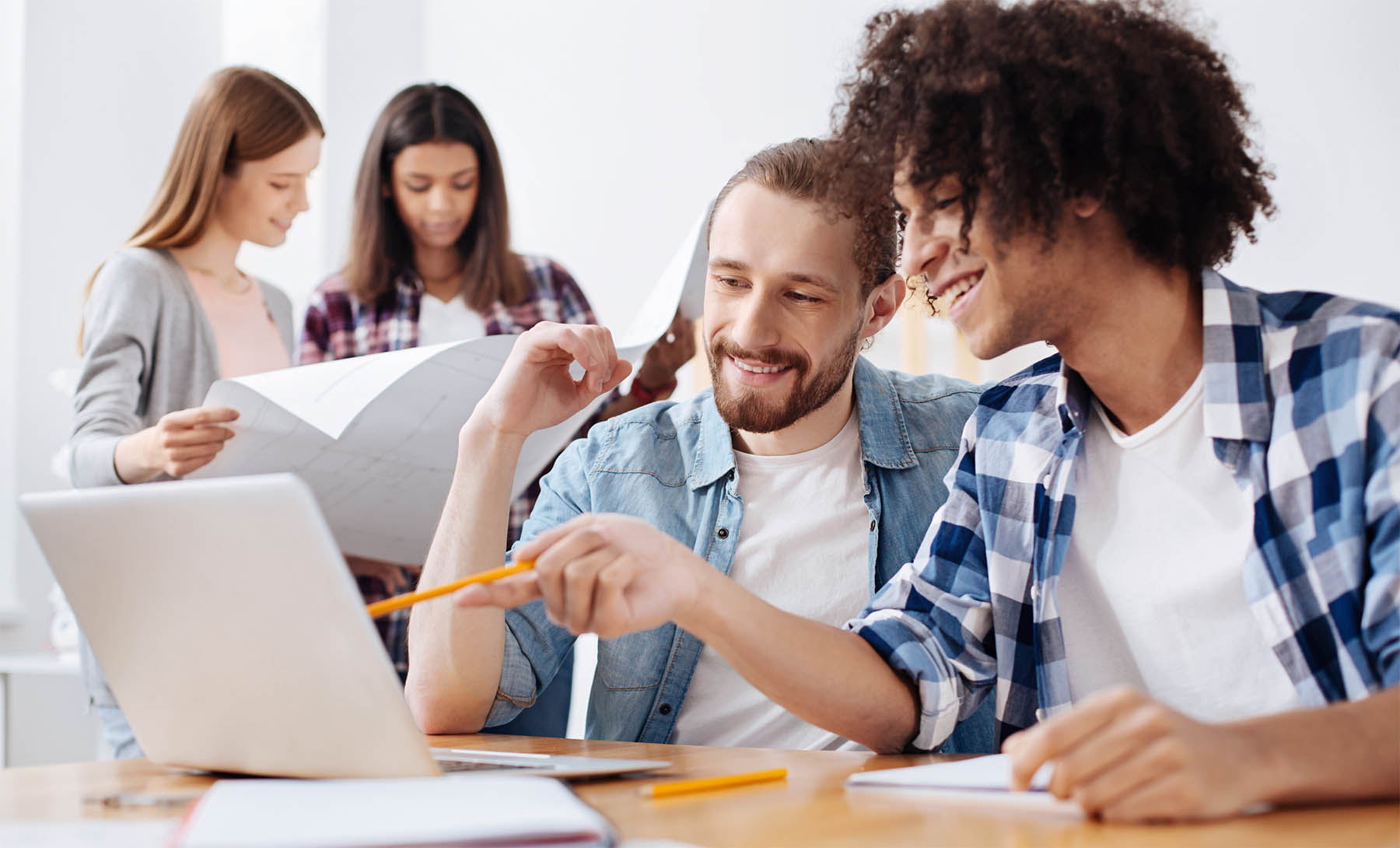Despite the transformative nature of mentoring in postsecondary education, there are many students who either do not benefit from or are harmed by the practice. One such example is first-generation students. The purpose of this conceptual article is to suggest that mentoring might be enhanced by using possible selves as a theory to guide and inform the practice, especially as it relates to first-generation students. Possible selves as a mentoring practice enables a student to envision the person(s) they could become instead of simply reproducing what a mentor thinks they should become. This approach recognizes all the forms of capital that first-generation students hold.
This journal is a NASPA member benefit. To gain access, please become a NASPA member here.



